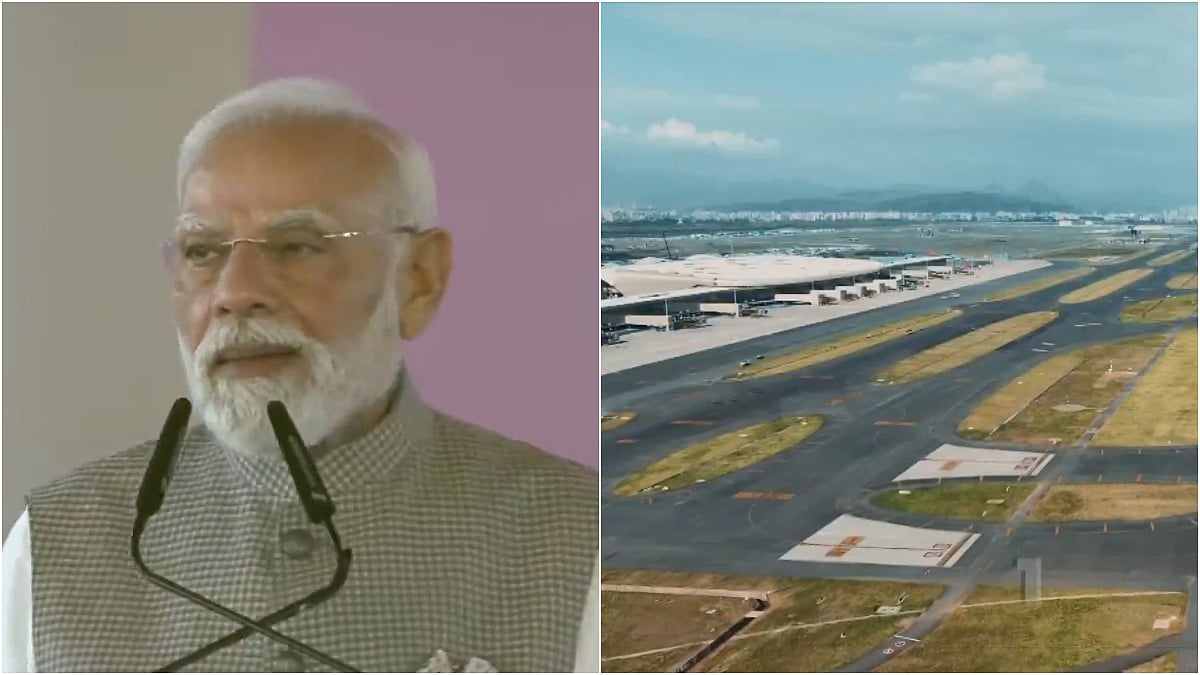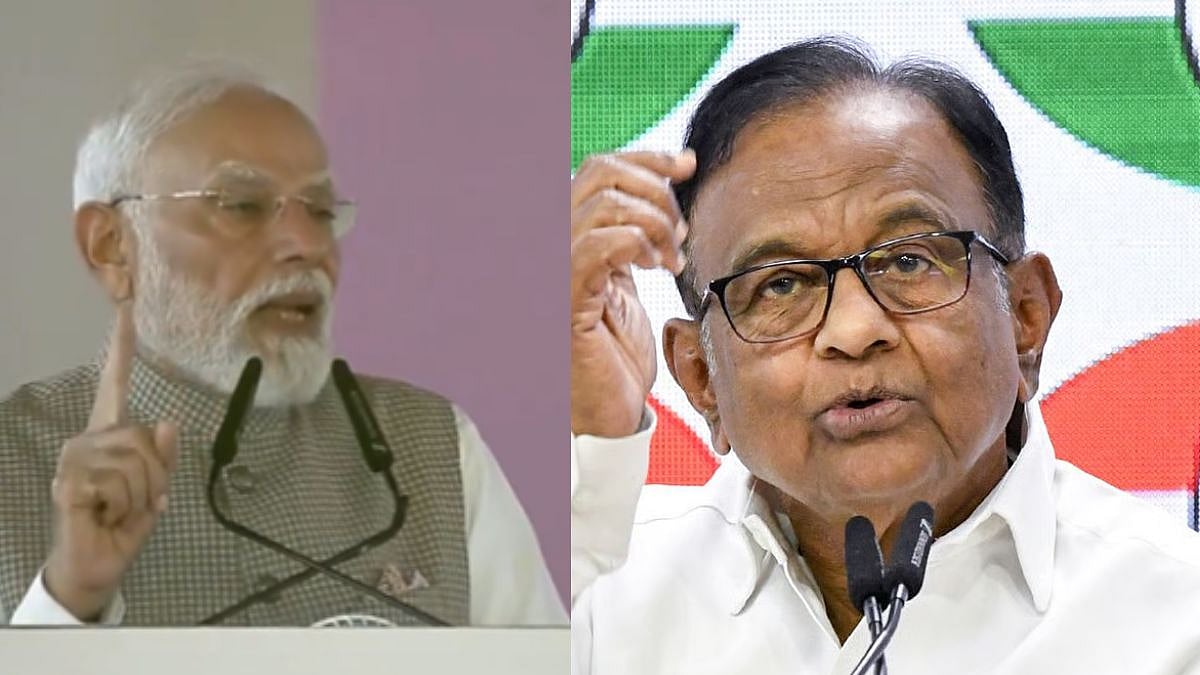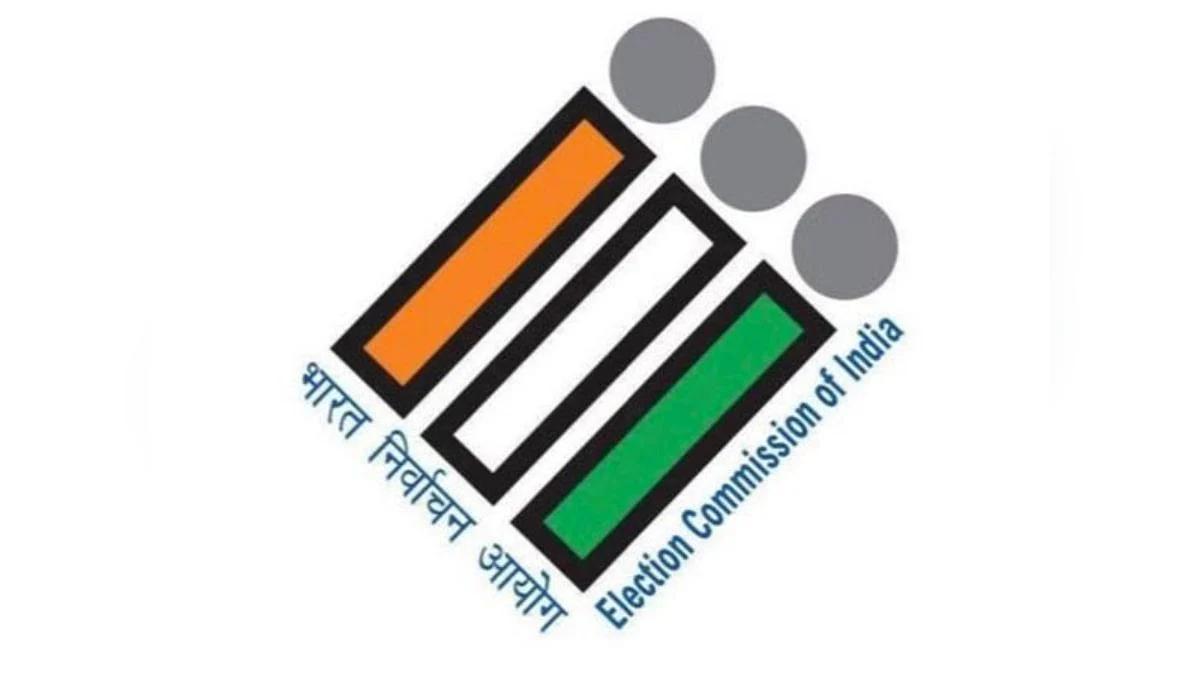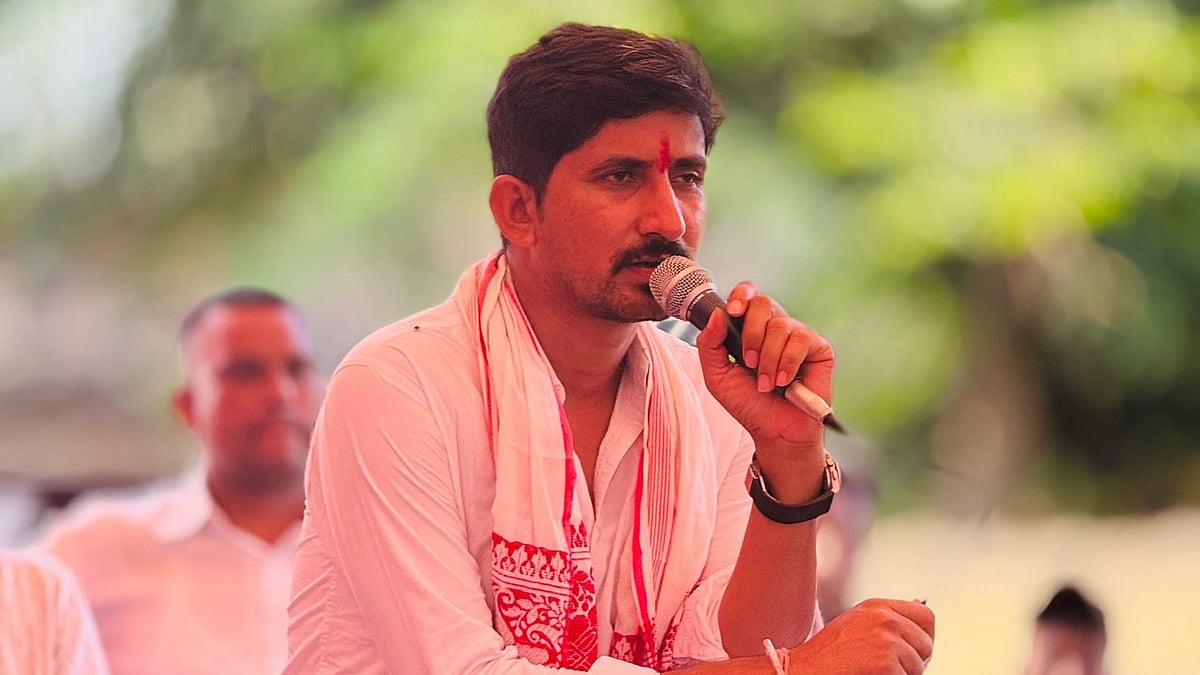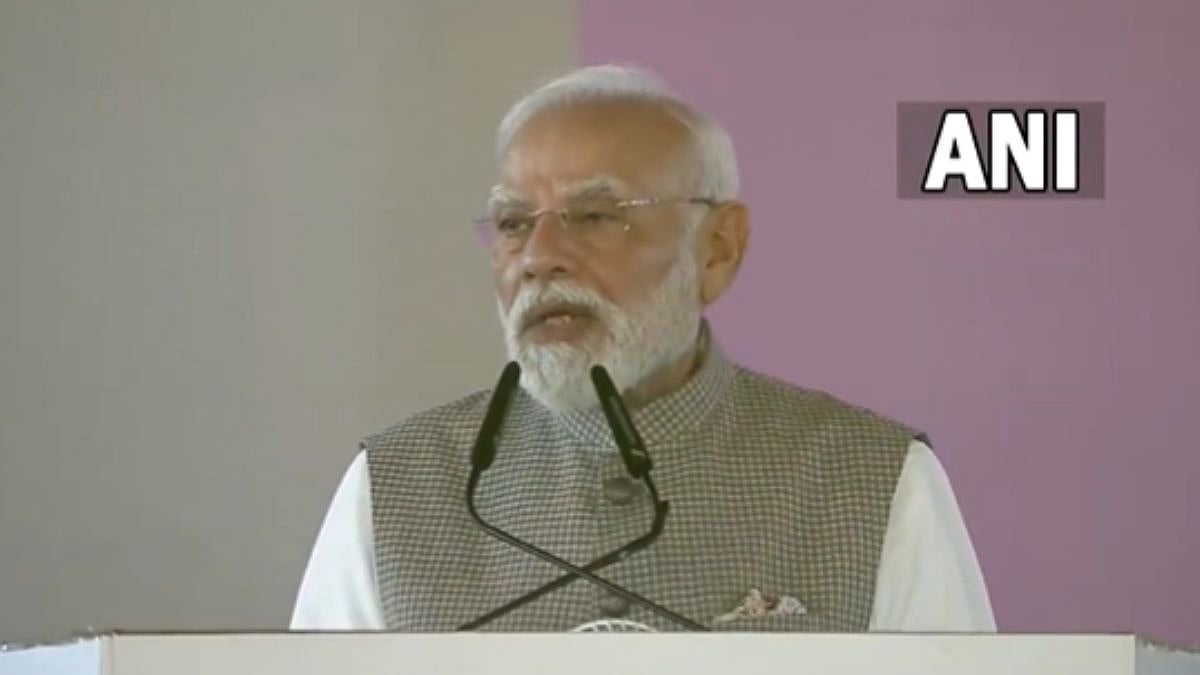New Delhi: The Supreme Court on Thursday, August 14, issued notices to the Union government and nine states over a petition alleging that Bengali Muslim migrant workers from West Bengal were being arbitrarily detained across India on suspicion of being Bangladeshi nationals.
A bench of Justices Surya Kant and Joymalya Bagchi sought responses from the Centre and the governments of Odisha, Rajasthan, Maharashtra, Delhi, Bihar, Uttar Pradesh, Chhattisgarh, Haryana and West Bengal. The court said that it would “have an opinion on what can be done to prevent this from happening on a pan-India basis”.
‘Random Detentions Causing Panic'
The petition, filed by the West Bengal Migrant Workers Welfare Board, claimed that following a Ministry of Home Affairs circular in May, several state authorities have been “randomly picking up” Bengali Muslim workers, accusing them of being Bangladeshis. Advocate Prashant Bhushan, representing the petitioners, said that in nearly all cases where verification was conducted, the workers were confirmed to be Indian citizens.
“In some cases, they even sent them out of the country… after verification, they had to bring them back to India,” Bhushan told the court, as quoted by Live Law. He added that Delhi Police had claimed documents were in “Bangladeshi language”, to which he responded saying, “There is no Bangladeshi language, it’s Bangla.”
Bhushan further argued that detaining individuals on mere suspicion violates the law. “Let them verify, no problem. Problem is that they are detaining. Some are being tortured. It’s causing panic. The Foreigners Act does not authorise the government to detain people over suspicion that they are foreigners,” he urged.
Court Suggests Coordination Mechanism
Justice Kant observed that there should be a nodal agency to coordinate between a worker’s state of origin and the state where they earn their livelihood. Justice Bagchi echoed this, questioning whether any such authority exists under current laws.
The bench, however, declined to grant interim relief against detentions for now, noting the need to hear the respondents’ positions first. Justice Kant also flagged the challenge of dealing with genuine cases of illegal entry, suggesting that states could issue identity cards to bona fide workers, which local police could accept as proof of their purpose for being in the area.



